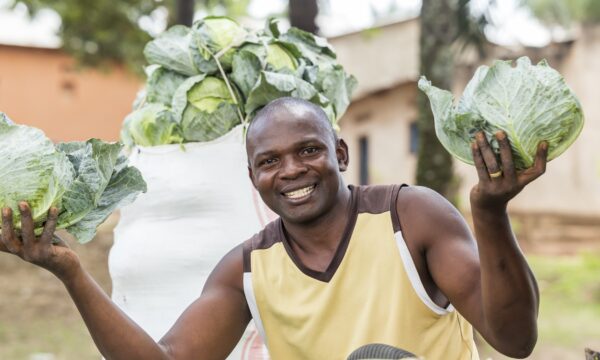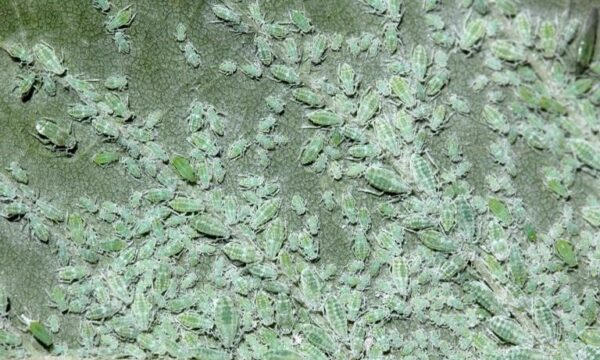Virologists that work on detecting new animal and human viruses have successfully extracted two 700-year-old viruses from frozen remains of caribou faeces in the north of Canada.
The faeces sample was taken from a metre below the surface, in the permafrost layer of the Selwyn mountains of the Yukon and Northern Territories. The frozen evidence shows that the caribou have been retreating to this patch of land for the past 5,000 years.
Of the genetic material that was extracted, only some of it was intact enough to replicate. One of the two viruses, named ancient Caribou feces associated virus, or aCFV, was found to be a distant relative of today’s plant-infecting geminiviruses, many of which damage crops. The ability of the researchers to extract the DNA shows that extreme cold conditions can preserve biological material for centuries. The genetic information of these ancient viruses can inform research into how viruses evolve over long periods of time.
![]() Ng, T., Chen, L., Zhou, Y., Shapiro, B., Stiller, M., Heintzman, P., Varsani, A., Kondov, N., Wong, W., Deng, X., Andrews, T., Moorman, B., Meulendyk, T., MacKay, G., Gilbertson, R., & Delwart, E. (2014). Preservation of viral genomes in 700-y-old caribou feces from a subarctic ice patch Proceedings of the National Academy of Sciences, 111 (47), 16842-16847 DOI: 10.1073/pnas.1410429111
Ng, T., Chen, L., Zhou, Y., Shapiro, B., Stiller, M., Heintzman, P., Varsani, A., Kondov, N., Wong, W., Deng, X., Andrews, T., Moorman, B., Meulendyk, T., MacKay, G., Gilbertson, R., & Delwart, E. (2014). Preservation of viral genomes in 700-y-old caribou feces from a subarctic ice patch Proceedings of the National Academy of Sciences, 111 (47), 16842-16847 DOI: 10.1073/pnas.1410429111
Related News & Blogs
From Crisis to Growth: 11 Lessons Learned Leading Agricultural Development in Burundi
My journey managing agricultural development projects in Burundi began in 2020, a year that will forever be etched in our memories due to the global pandemic. CABI ’s Plantwise program was launching in the country, thanks to funding from Nuff…
20 February 2025





